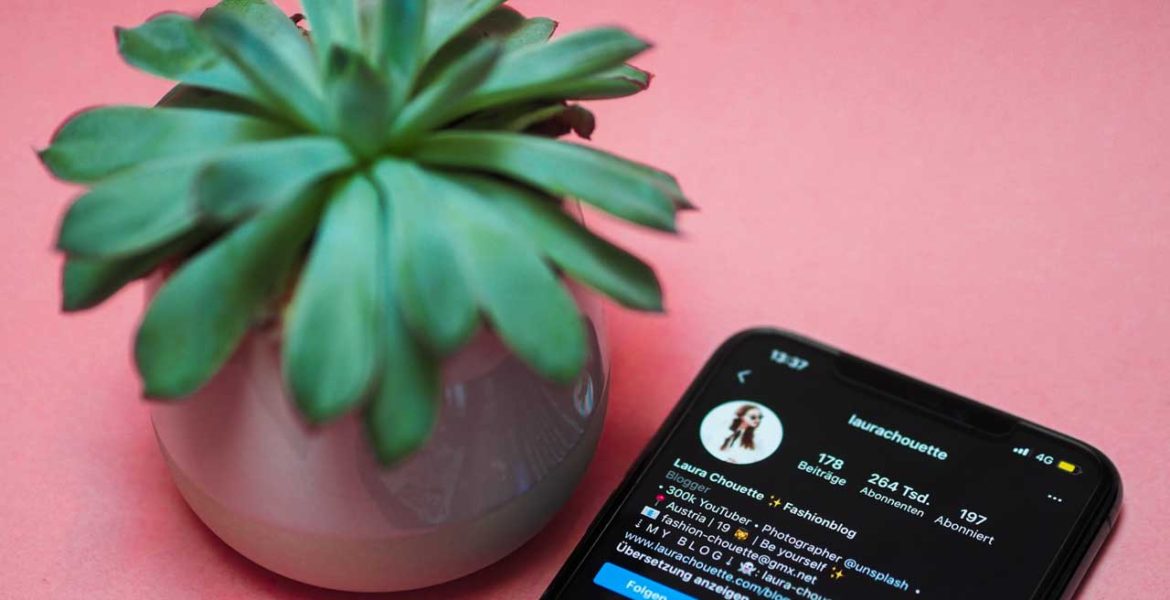On examining influencer led consumer purchasing habits, there is a clear correlation between greater trust and increased purchasing –across all age demographics and platforms.
However, trust is earned, and our research shows this takes time.
Legacy platforms such as YouTube (which recently celebrated its fifteenth birthday) command more consumer trust. 28% of consumers surveyed said they trust influencers on YouTube, followed by 22% for Instagram influencers (which turns 10 later this year), and finally down to 15% for TikTok (founded in September 2016). Interestingly, US consumer respondents are consistently more likely than their European counterparts, in the UK and Germany, to trust social media influencers’ recommendations over friends or high-profile figures or celebrities.
Strikingly, across all three markets, 38% of 16-24 and 25-34-year-olds trust an influencer on YouTube more than a high-profile figure or celebrity, falling marginally to 35% among 35-44-year olds. Meanwhile, almost a third of 16-24-year-olds (30%), 25-34-year-olds (35%), and 35-44-year-olds (32%) trust a YouTube influencer’s recommendations more than those of a friend.
In comparison, a quarter of 16-24-year-olds across all three markets said they trust brand endorsements from a TikTok influencer more than high-profile public figures and celebrities, rising to 26% of 25-34-year-olds and 27% of 35-44-year-olds.
UK-based magician and influencer, Amardeep Singh, @magicsingh:
TikTok is the next big app! Thanks to the lockdown, TikTok has gained an enormous following! Including more celebrities. I would highly recommend brands to consider a connection with TikTok influencers and create campaigns due to the large reach this platform has.”
The user-generated content and creative element of TikTok has allowed the platform to flourish, and as a result, has attracted celebrities and high-profile public figures to slowly migrate to the channel leveling the playing field for influencers to some extent.
Creative director, digital consultant, and influencer, @shaadowsefiroth says:
“TikTok being a vertical lead platform gives the user a closer connection to the content watched. The native challenges and ability to “collaborate” with other creates as a ‘duet’ brings a community aspect that’s not been explored yet on Instagram or YouTube.”
A similar proportion of consumers agreed they are also likely to trust a TikTok influencer’s recommendation over a friend’s: 21% of 16-24-year-olds, 25% of 25-34-year-olds, and 23% of 35-44-year-olds agree.
However, a lack of regulation on TikTok could have an impact on these figures, particularly among younger users with a fifth (21%) of 16-24-year olds expressing this as one of their major concerns about the platform – more than any other age group surveyed.
Marketers’ trust in Instagram, YouTube, and TikTok as influencer marketing channels also varies. Asked to rate their trust in each on a scale of 1-5, with 5 being the highest, they achieved average scores of 4.26, 3.91, and 2.53 respectively.
Trust within the industry is also shifting – in particular between marketers and influencers themselves. Influencer trust in brands to work fairly with them has decreased between 2019 and 2020, falling from 64% to 58% overall.
Opinions have in fact hardened, with a significant 10% rise in influencers saying they don’t trust brands to work fairly with them. However, trust between influencers and marketers does vary between channels, for example, YouTube influencers are more likely (66%) than Instagram influencers (58%) to feel brands work fairly with them.
So, what matters most in the working relationship? The data shows unanimous agreement that influencers working across all channels value ‘creative control’ above all else when working with brands followed by ‘a clear brief’ – continuing a trend from 2019. Creative director, digital consultant, and influencer, @shaadowsefiroth says:
“Some campaigns are definitely briefed better than others. But I would say that it would mostly either be too detailed and propose direction that wouldn’t facilitate conception or would make it too ‘inorganic’”
In particular, YouTube influencers appear to value creative control (67% vs 43%) and a clear brief (33% vs 25.74%) more highly than Instagram influencers.
‘Demonstrating ROI’ was the top concern for marketers across YouTube and TikTok. Cited by three out of five (60%) marketers regarding TikTok and two out of five (42%) regarding YouTube, research suggests influencers must focus on proving the commercial success of their content in order to capture the trust of brands, and their budgets.
A ‘lack of familiarity’ also emerged as one of the top three concerns for marketers with TikTok, whereas 96% felt familiar with YouTube.
This article has been re-published from the recent whitepaper ‘The Realities of Influencer Marketing – TikTok and YouTube in Focus’ with permission from the publisher. For the full report, click here

